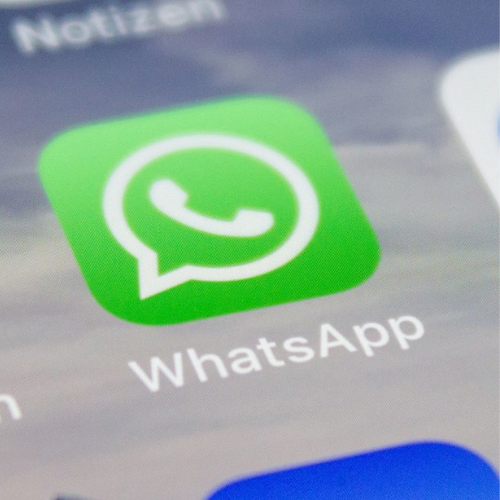In a major legal victory, messaging app WhatsApp won a five-year-old case against NSO Group, the creator of the infamous Pegasus spyware. A U.S. judge ruled that the Israeli-based NSO had violated key American laws by hacking into WhatsApp systems and targeting over a thousand phones. This decision is being hailed as a critical moment in the battle against spyware programs that violate privacy and human rights.
The case was heard in a California federal court, where the judge found that NSO had illegally sent harmful software through WhatsApp’s servers. This act was ruled to have broken the U.S. Computer Fraud and Abuse Act—a law designed to protect against unauthorized computer access. The ruling also found that NSO had violated California’s state version of this law, further strengthening WhatsApp’s case.
WhatsApp, owned by Meta, has called the ruling a significant step in holding spyware companies accountable. The company spokesperson stated that this decision sends a clear message: such illegal activities will not go unpunished.
How NSO Group Operated and Why It Was Held Liable
NSO Group is the developer of Pegasus, a spyware program that can infiltrate phones without the user knowing. This program has been sold to government agencies around the world, which use it to target specific individuals. Once Pegasus is installed on a phone, it can access private messages, emails, photos, and even encrypted chats on apps like WhatsApp and Signal.
Meta Faces $15 Million Fine Over Facebook User Privacy Violations in South Korea
While NSO argues that it only sells its software to governments and doesn’t decide who gets targeted, the court ruled that this did not exempt the company from legal responsibility. By using WhatsApp’s servers to send malicious software, NSO directly broke the law.
Judge Phyllis Hamilton, who presided over the case, also found NSO guilty of not cooperating during the legal process. It refused to provide its source code for Pegasus, a key piece of evidence, and the judge decided they would face penalties for this. The exact amount NSO will need to pay in damages will be decided in the next phase of the trial.
The U.S. government has already taken action against NSO and similar companies by placing them under sanctions. However, many other countries have been slower to act, despite concerns about how these programs are used.
The Broader Impact of the Ruling
This ruling is being celebrated as a breakthrough for privacy and accountability in the digital age. Spyware like Pegasus has raised serious concerns because of how it has been used to target journalists, human rights activists, and members of civil society. WhatsApp argued that NSO’s actions not only harmed individuals but also threatened the security of its platform and its users.
Meta Faces €91 Million Fine from Ireland Over GDPR Violation
Apple, which had filed a similar lawsuit against NSO, dropped its case earlier this year after Israeli authorities reportedly seized the company’s source code. With the ruling in WhatsApp’s favor, the tech industry is seeing a rare moment of success in holding spyware makers responsible.
NSO did not respond to requests for comments about the ruling. WhatsApp, on the other hand, emphasized that this is a historic decision. The company expressed hope that it would deter other spyware companies from engaging in illegal activities.
Spyware programs like Pegasus are known for their ability to exploit software vulnerabilities, often without users ever realizing their phones have been compromised. This has sparked global debates about the balance between government surveillance and individual privacy. The court’s decision marks one of the strongest legal actions taken against such companies.
With this decisive ruling, the case now moves forward to determine how much NSO Group will have to pay for the damage caused. For now, WhatsApp’s victory serves as a reminder that even the most sophisticated spyware companies can be held accountable for breaking the law.


